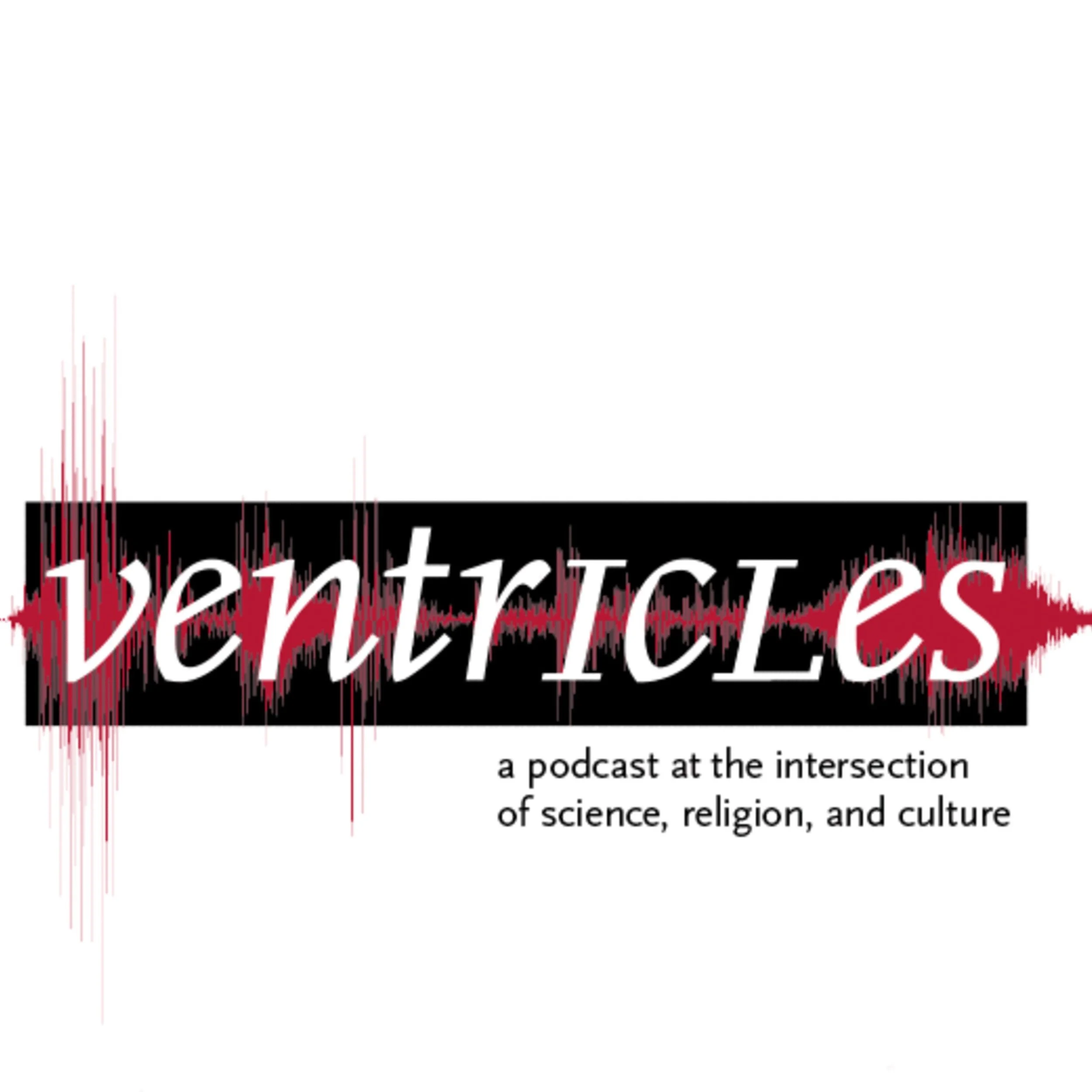Ventricles
Featuring interviews with scholars working at the intersection of science, religion and culture, Ventricles explores the temporal and geographical depth of knowledge production throughout the world. Season One includes episodes on Polynesian navigation techniques, the long history of time-keeping technologies, the role of the pulse in Greek, Chinese, and Ayurvedic medicine, and Mexico’s centrality to the history of the birth control pill, among others.
Ventricles is written and produced by Shireen Hamza. You can listen below, or find the podcast on Apple Podcasts, Google Podcasts, Spotify, Overcast, or TuneIn.
Season 1
Episode One: Telling Time
How have humans kept track of time? What technologies have they developed to tell time, and how have they been influenced by religious and scientific cultures? In this episode, Dr. Sara Schechner, a historian of astronomy and an artist who has made sundials herself, speaks about the history of timekeeping, and how timekeeping technologies have shaped people’s sense of time. We also hear from Dr. Avner Wishnitzer about how some people’s sense of time changed with the introduction of modern institutions, creating new “temporal cultures.”
Episode Two: The Pulse
The body has many rhythms, but the pulse is one that people have paid close attention to. Over the last two millennia, the pulse has been used as a diagnostic tool in both Greek and Chinese medicine. In this episode, Professor Shigehisa Kuriyama discusses the history of the pulse in these two traditions. As he explains, the very conception of what the pulse is, how to sense it and what it can tell us about the body has changed over the course of its history. We also hear from Dr. Ronit Yoeli-Tlalim on how the Silk Road has facilitated historical connections between medical traditions in between Greece and China, and how Galen was known in medieval Tibet! Finally, we hear from physician Dr. Melanie Baskind about her training on the pulse in medical school.
Episode Three: Vaidyas with Wristwatches
How do everyday technologies change our understanding of our own bodies? The pulse is a diagnostic tool common to many medical traditions, including Ayurveda, an ancient medicine of South Asia. In this episode, Professor Projit Mukharji tells us how the pulse has been understood by Ayurvedic practitioners (vaidyas) over time. He explains how pulse-taking changed when mechanical clocks, specifically the pocket watch and wristwatch, became a widespread technology in colonial India. Finally, this episode features a story by physician Dr. Melanie Baskind, and an excerpt of an interivew with Dr. Mary Jo Cravatta, a practitioner of Ayurveda.
Episode Four: Coins, Medieval and Digital
What is money, and how is it changing? And what do bitcoins have in common with medieval coins? In this episode, Gili Vidan explains how the long history of coins can help us understand the history of digital currencies, something we perceive to be a radical break from the past. We start the episode with a discussion of the future – of one version of the future, science fiction – and what money is ideally imagined to be or not be.
Episode Five: Canoes in Space
What can we learn about space exploration from Polynesian voyaging, or wayfinding? How does a frontier differ from a horizon? In this episode, Professor Eli Nelson (Mohawk) explains the story of the Hokule‘a, a double-hulled voyaging canoe launched in 1975 to understand and recover the navigation techniques by which indigenous people found and settled the Pacific Islands. He touches on the various ways that people, from artists to authors of science fiction, have imagined voyaging canoes in the future, and in space.
Episode Six: Imagining Iraq
What will Iraq be like, 100 years in the future? How are Muslim women imagined in that future? In this episode, Professor Ahmed Ragab explores literary imaginaries of the future of the Middle East. He starts by discussing the story, Kahramana, from the recent short-story collection edited by Hassan Blasim, Iraq +100. He compares the story of Kahramana to the superhero Dust from Marvel comics, to demonstrate how writers based in Iraq navigate and subvert the expectations of Western audiences.
Episode Seven: Why is There a History of Medicine?
If the human body has remained the same in the past few thousand years, why have our approaches to its treatment varied so much? How can an ailment exist in only one part of the world, and not another? Why do so many treatments in the history of Western medicine seem bizarre to us now? This episode with Professor Shigehisa Kuriyama is about many interesting questions raised by the history of medicine.
Episode Eight: Cybernetic Revolutionaries
How are technologies shaped by political needs, and how do technologies enable new kinds of politics? In this episode, Professor Eden Medina tells the history of communications technologies in Chile during the socialist government of Salvador Allende, in the early 1970s. She explains how the innovative cybernetics system Project Cybersyn was employed by the central government to communicate with people and officials across the country in an unprecedented way. Finally, we discuss how important this system seemed to Chileans in a time of political turmoil and what it came to represent – not only to the government, but to to the people of Chile.
Episode Nine: Jungle Laboratories
Professor Gabriela Soto Laveaga explains the central role that Mexico played in the creation of the birth control pill—a history that has often been told about a few people in the US. From Ernesto Miramontes, a Mexican scientist whose name is on the patent for a compound used in the first oral contraceptives, to Syntex, the company co-founded by chemist Russell Marker in Mexico City, Mexico takes center stage in the history of oral contraceptives. But what about the hundreds of thousands of peasants in the South of Mexico, who dug up and even manipulated the barbasco roots from which steroid hormones were being synthesized? And are the dense jungles from which they found and dug up tons of these wild barbasco roots a laboratory?
Audio credits: Thanks as always to The Overseas Ensemble, a collaboration between composer Paed Conca and Sarigama, for use of their music.

